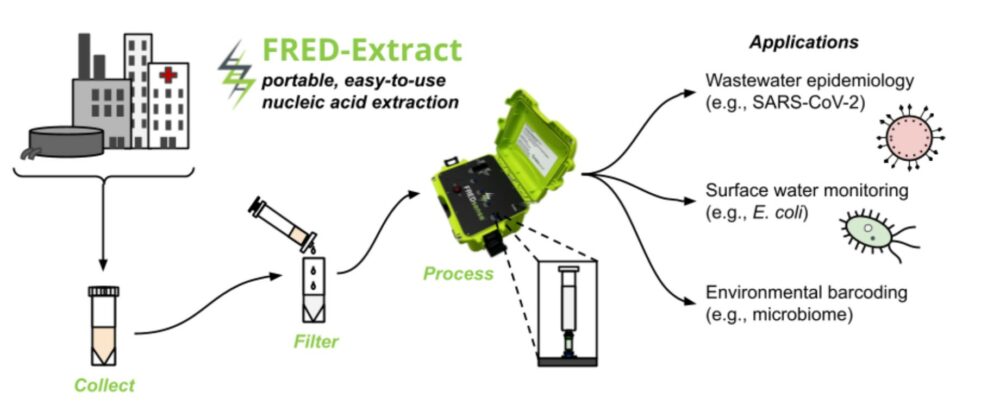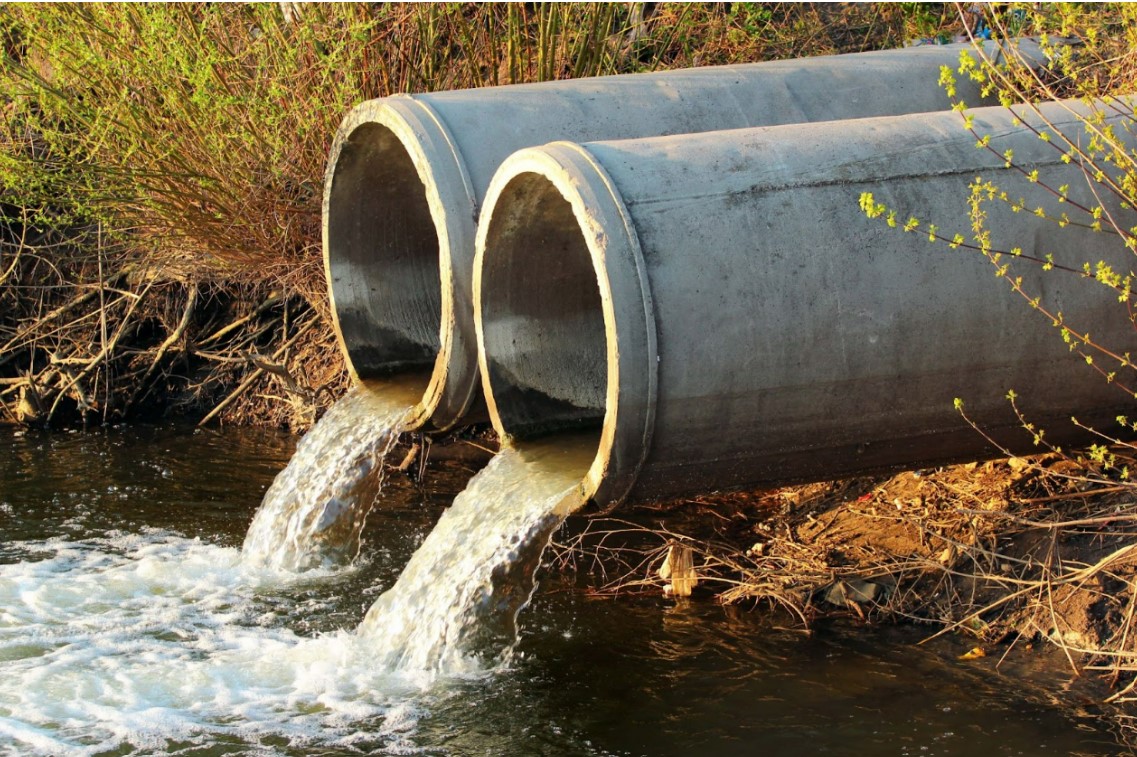Alberta – FREDsense announced this week that it is showing positive results from a pilot in Israel involving its patented FRED-Extract System. Taking a giant leap forward in community monitoring for infectious diseases in wastewater and in the field of wastewater epidemiology, an in-field pilot shows lab-comparable water quality test results at 20 per cent of the regular costs and in half the wait time. This pilot was a collaboration among FREDsense, Kando Environmental Services, Ben Gurion University in Israel, and Elemental Excelerator.
The three-phase pilot was born after Elemental Excelerator, a nonprofit climate tech investor with a portfolio of more than 150 startups, awarded FREDsense an ‘Ohana Award prize for this project. The ‘Ohana Award celebrates collaboration and synergy, providing up to $100,000 for projects that outline how multiple companies in Elemental’s portfolio partner across geography and product to implement new strategic, transformative, and collaborative projects with impact.
Since many infectious diseases can be found in fecal matter (including COVID-19), wastewater samples – such as sewage – are the medium of choice for governments, universities, corporations, and others to assess the health of a population. FREDsense provided its FRED-Extract system for analysis as well as training and troubleshooting support for the testing performed in Israel.
Ben Gurion University and Professor Jacob Moran-Gilad provided qPCR data comparison and performed testing in Phases I and II. Testing found the United States Center for Disease Control N1 target of the COVID-19 genome, which was detected in 96 per cent of instances in Phase I of testing, showing the test could be used for effective identification of viruses in wastewater. A larger test with 99 wastewater samples was conducted as a Phase II test in the field, resulting in approximately 80 per cent detection under these more challenging circumstances.

Kando Environmental Services provided access to samples for SARS-CoV-2 analysis and performed Phase III testing in the field, demonstrating close results in a short time. Elemental Excelerator provided support, funding, and set the stage for the relationship between Kando and FREDsense.
“Water quality is so important to our lives and the pandemic illustrated how wastewater can be vital to keeping people safe in changing circumstances. Elemental’s ‘Ohana Award shows how working together allows us to use water quality to inform public health outcomes in real-time with results that support communities and decision makers,” said David Lloyd, co-founder and chief executive officer of FREDsense.
The resulting FRED-Extract system can rapidly extract purified genetic material from wastewater samples, enabling the on-site analysis of COVID-19 at less than $100 USD per sample, versus the cost of using a traditional lab, which is significantly higher per sample.
“At Elemental, we are committed to our mission to redesign the systems at the root of climate change,” Elemental Senior Director of Innovation Kim Baker said. “We were elated to collaborate and invest in this project that brought together FREDsense and Kando, empowering them to move forward on testing a solution that is more cost effective and can be deployed quickly in communities to bring critical knowledge to global health.”
Many traditional, current wastewater testing practices are obsolete, and the wider adaptation of FREDsense dispenses with the old methods relying on off-site analytical labs with highly trained personnel. While accurate, the old methods are slow and expensive. This results in a reluctance to test frequently, and the subsequent lack of data means that key data could be missed.









